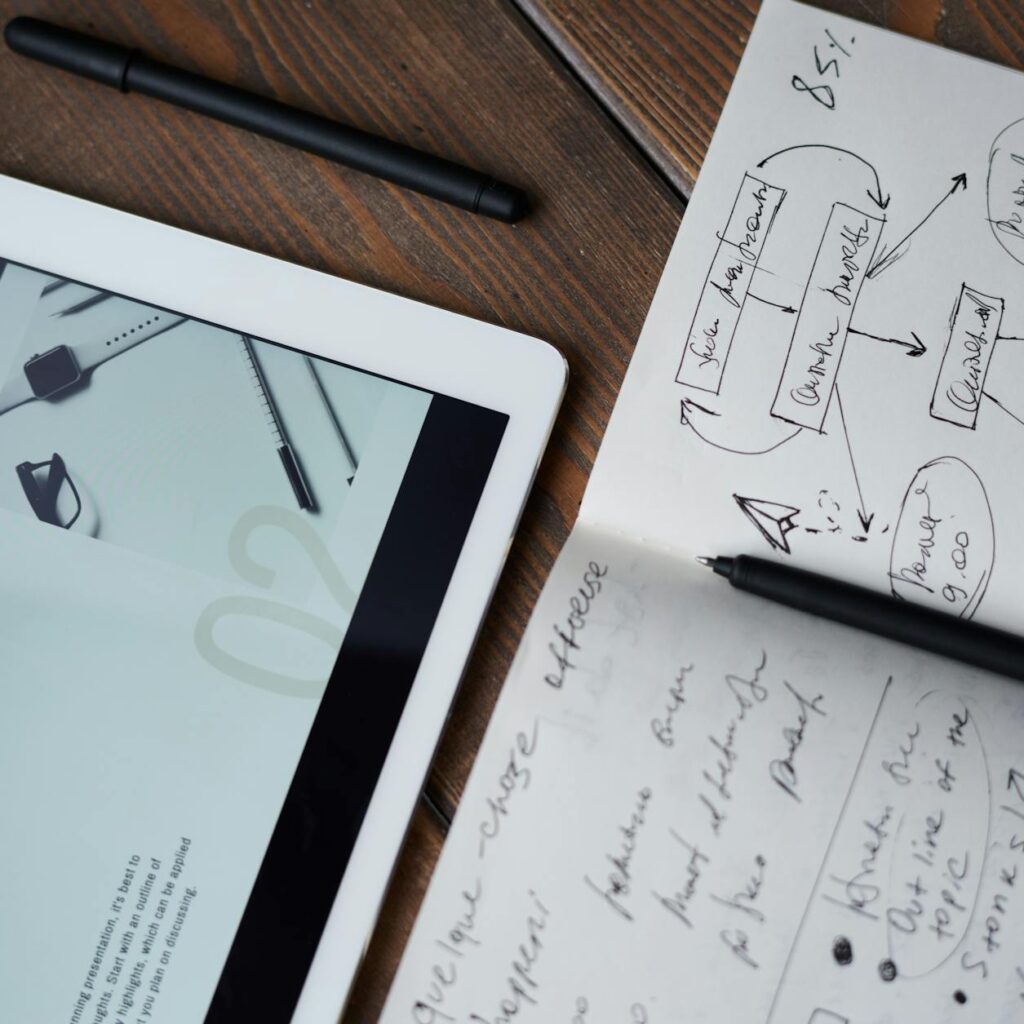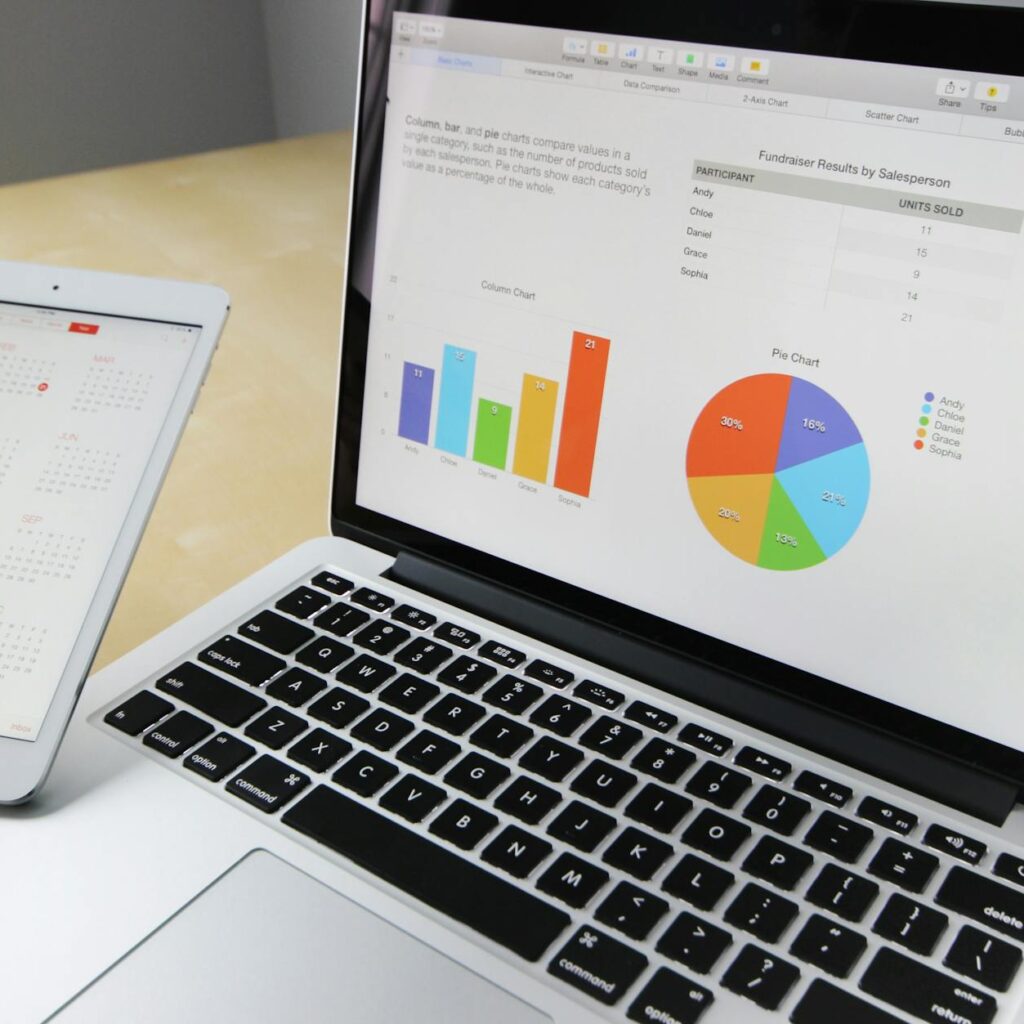IT Project Management
Deliver successful IT projects with expert management, ensuring timely delivery, budget adherence, and high-quality outcomes for your business.

Types of IT Project Management

Waterfall Project Management
Waterfall project management follows a linear, sequential approach where each phase of the project must be completed before moving on to the next.
Benefits:
- Clear Structure: Provides a well-defined structure and sequence of phases.
- Documentation: Emphasizes thorough documentation and record-keeping.
- Predictability: Offers predictability in project timelines and deliverables.
- Control: Ensures strong control over project stages and milestones.
- Risk Management: Identifies and mitigates risks early in the project lifecycle.

Agile Project Management
Agile project management is an iterative and flexible approach that focuses on collaboration, customer feedback, and rapid delivery of small, functional increments.
Benefits:
- Flexibility: Adapt quickly to changing requirements and market conditions.
- Customer Focus: Prioritize customer feedback and satisfaction.
- Collaboration: Foster strong team collaboration and communication.
- Continuous Improvement: Promote continuous improvement and iterative development.
- Faster Delivery: Deliver functional increments faster, providing value early.

Scrum Project Management
Scrum is a subset of Agile project management that uses short, iterative cycles called sprints to complete project tasks and deliverables.
Benefits:
- Short Cycles: Utilize short, manageable sprints for focused work.
- Team Empowerment: Empower teams to self-organize and manage tasks.
- Transparency: Ensure transparency through regular meetings and reviews.
- Adaptability: Adapt to changes quickly with iterative sprints.
- Continuous Feedback: Incorporate continuous feedback for improved outcomes.

Kanban Project Management
Kanban project management uses visual boards to manage workflows and optimize efficiency by focusing on continuous delivery and limiting work in progress.
Benefits:
- Visual Management: Use visual boards for clear workflow visualization.
- Work in Progress Limits: Limit work in progress to prevent bottlenecks.
- Continuous Delivery: Focus on continuous delivery and flow of work.
- Flexibility: Adapt to changes easily without disrupting workflows.
- Efficiency: Optimize efficiency and productivity through streamlined processes.

Lean Project Management
Lean project management emphasizes value delivery, waste reduction, and continuous improvement to enhance project efficiency and effectiveness.
Benefits:
- Value Focus: Prioritize delivering maximum value to customers.
- Waste Reduction: Identify and eliminate waste in processes.
- Efficiency: Enhance efficiency through streamlined workflows.
- Continuous Improvement: Promote a culture of continuous improvement.
- Resource Optimization: Optimize resource utilization and minimize costs.

Hybrid Project Management
Hybrid project management combines elements of different methodologies (e.g., Agile and Waterfall) to create a tailored approach that fits specific project needs.
Benefits:
- Customizable Approach: Tailor the methodology to fit project requirements.
- Flexibility: Combine the best practices from multiple methodologies.
- Risk Management: Address risks with a balanced approach.
- Efficiency: Optimize efficiency by leveraging various strengths.
- Adaptability: Adapt to different project types and complexities.
Client Testimonials
Cceess Developers delivered exactly what was required. They come highly recommended.
I really love the website you created. It works perfectly. You guys are the best. Thanks.
Stronger unpacked felicity to of mistaken. Fanny at wrong table ye in. Be on easily cannot innate in lasted months on. Differed and and felicity.
This is very professional. You are doing a fantastic job for us all. My company appreciates.

 Cart is empty
Cart is empty